A Guide to Your First Blog Post [+57 Types of Posts]
![A Guide to Your First Blog Post [+57 Types of Posts]](/_next/image/?url=https%3A%2F%2Fwordpress.peppercontent.io%2Fwp-content%2Fuploads%2F2021%2F09%2FHow-to-Write-Your-First-Blog-Post-58-Best-Ideas.jpg&w=1536&q=75)
Blog posts attract audiences by creating valuable and quality content. With the emerging concept of personal marketing, we see individuals entering the blogging world more fervently than ever. Businesses, too, are reaping huge benefits from it.
Aiming to create a positive space in readers’ minds, conventional writers are leaning towards blogging. According to Traffic Generation Cafe’s estimates, companies also witness 67% more lead generation through blogs.
Beginners struggle with blogging. The first few days could be the most challenging phase in their blogging journey, and writing the first blog post can seem to be an uphill task.
They typically grapple with questions like:
- What to write?
- Why write?
- How to write a blog well?
- Who will read my blog?
- Why will they read my blog?
If this set of questions also plagues your mind, then you will find this article worth reading – it will guide you on how to write your first blog post and the best ideas to choose for your opening post.
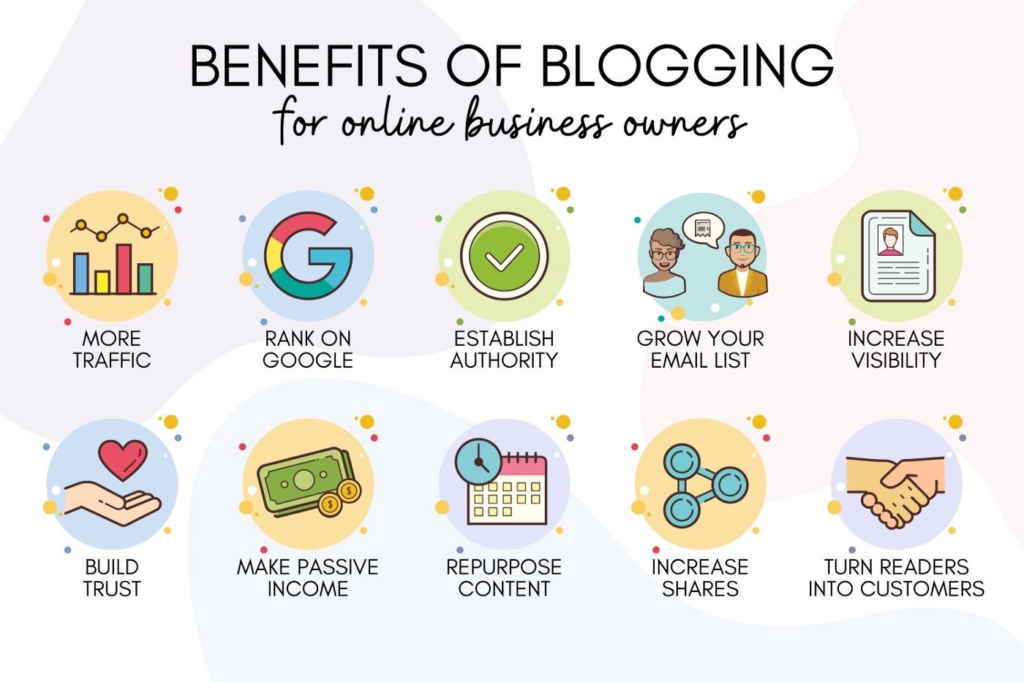
Key Steps to Writing Your First Blog Post
Here is how to write a blog from scratch.
1. Decide what your first post will be about
Bloggers need ideas constantly. Consider two options while starting—start with an introductory post or directly jump on to the subject you intend to write on.
Starting with introductory blog posts allows your audience to know you better and find you valuable, making them look forward to your future posts.
Ideas can come to you anytime. So jot them down without delay; this will help you develop ideas for current and future blogs.
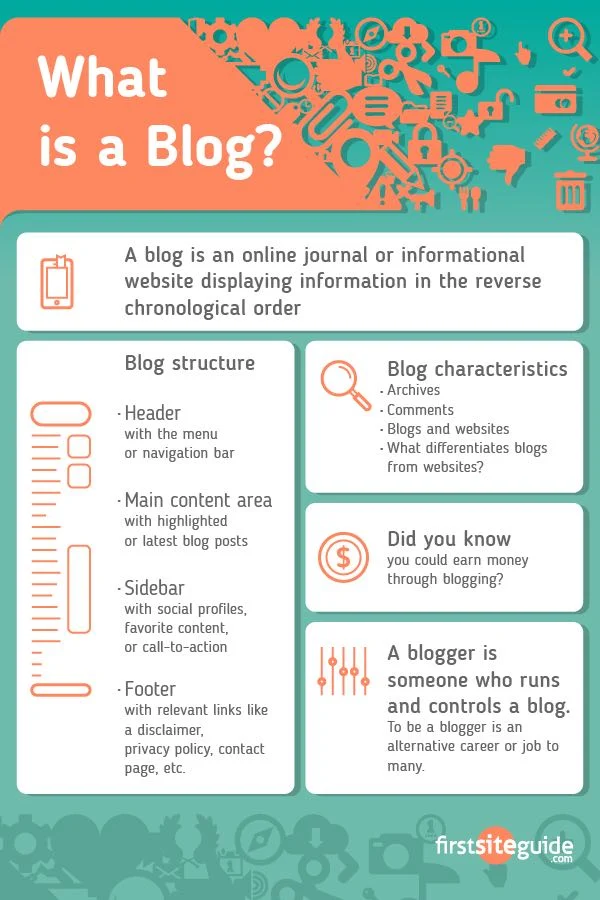
2. Define the purpose of your blog
If audiences do not know why you post a blog, they will not trust you. Blogging for the sake of blogging is not a good idea indeed. Content writers usually have a sound reason for blogging to captivate audiences. Blogging ideas should serve the purpose of why you have started blogging.
Writers need to ask themselves a few questions:
- Why should readers read your blog?
- What will people look for in your blogs?
- What value will your blog offer your readers?
Communicate to your target audience the reason you are there. The audience will respect it and also engage with you.
3. Decide what you are planning to blog about
Blog ideas should be compelling and attract the audience’s attention right from your first blog post. So, set a blog schedule in advance. Decide on the topics you want to address in your blog beforehand and work on researching them and taking photographs accordingly.
4. Determine your target audience
The target audience is the main reason you are writing your blog post. While you may be passionate about the topic, your efforts are futile if there is no one to read it.
Do not forget to learn more about your target audience. Who are they—men, women, business people, homemakers, teenagers, young adults, professionals? How are they–ambitious, busy, lazy, active, health freaks, designers?
The target audience in blogging involves identifying the people who will find your posts interesting and relatable based on demographics. Deciding on the target audience helps bloggers prepare the posts based on the selected segment’s attributes.
Knowing the target audience’s attributes helps cater to their interest areas, select ideas, and develop content accordingly.
5. Strategize how you can enhance the audience’s involvement
Bloggers must communicate to readers how they can be involved from the first post. Encouraging comments and welcoming guest posts provide a platform for interacting with readers.
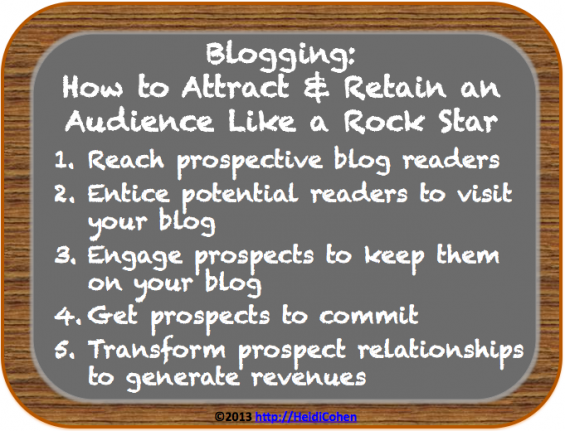
A few readers may disagree with you and want to express their feelings. Give them the platform to express their disagreement with your blog posts. It helps initiate conversations and win their trust. Feedback should always be encouraged and appreciated. This is crucial if you want to create your own blog.
6. Define the blog structure
Are you blogging for the very first time? Keep in mind that quality presentation matters when posting blogs. A compelling blog structure retains the readers’ interest.
Perfect blog posts consist of catchy headlines, enticing introduction, and engaging content, among other features. To make the content engaging throughout the posts, add visuals, and divide the content into subheads to make it readable.
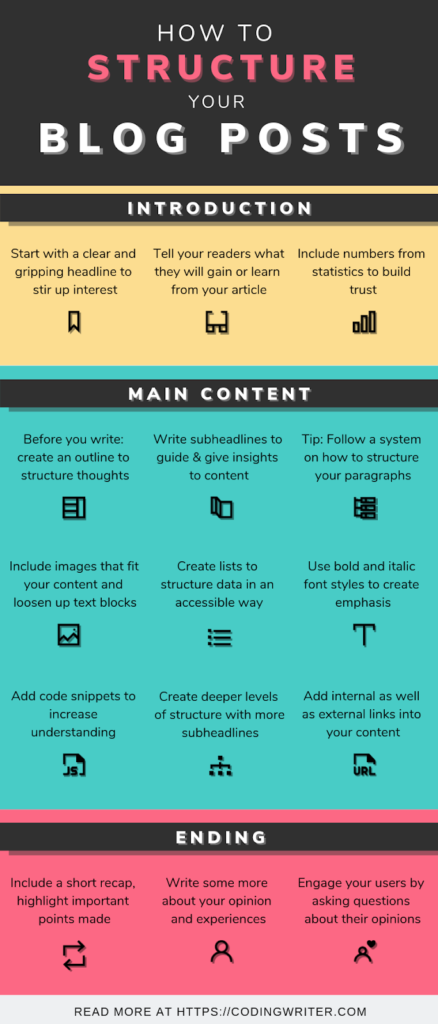
You should also ensure a catchy conclusion. To avoid distracted reading, a writer should use easy words and avoid sentence, word, or phrase repetitions. Proofreading and editing after blog writing are vital. These steps eliminate the use of ambiguous words and grammatical errors before the final publishing.
7. Communicate your blogging goals
Content writers should share their goals from the very first post. Determine what you want to achieve with your blog and where you see your blog going in the next six months. Sharing blog goals helps readers understand that the writer values transparency. A crucial step in creating your own blog.
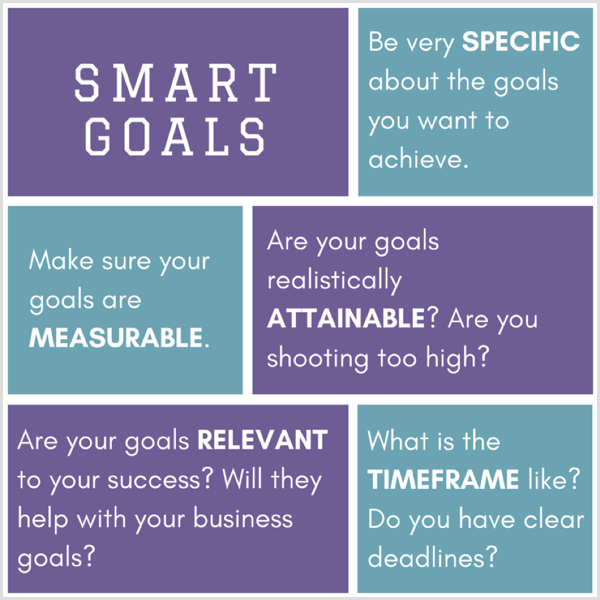
8. Work on SEO
The ultimate aim of bloggers is to appear at the top of the search results. Following SEO tips is crucial for carefully selecting primary keywords and considering the length of the post.
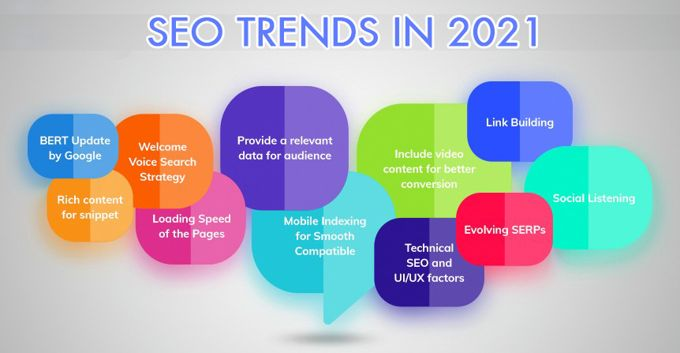
- Do not forget to identify keywords for blog posts.
- Do not make the mistake of not using keywords.
- Choose appropriate keywords in a post because, with it, SEO produces search results using keywords.
- CTA is also vital to make your blog posts actionable. It also improves the credibility and quality of the posts.
SEO helps your posts reach out to the masses and improves sharing potential. This will increase the number of followers on your posts, which is the primary aim of any blog.
Now, let’s move on to some first blog post ideas you can use.
57 Ideas for Your First Blog Post
Here are the top 57 ideas you can use to write your first blog post.
- Introductory blog posts
- Using free tools
- Keep an eye on competitors
- An action plan
- Share personal information
- Personal achievements
- Listicles
- Rant posts
- Tip-giver blogs
- Book reviews
- Testimonials
- Personal stories
- Facts compilation
- Defense training post
- Trending posts
- Comparison and contrasting
- Press release
- “How-to” blogs
- Cultural issues
- Political agendas
- Knowledge development
- DIY posts
- FAQ posts
- Movie reviews
- Visual posts
- Guest posts
- Recipe posts
- Funny videos
- Success stories
- Recommending courses
- Sports discussions
- Social causes
- Information on religion
- Creative posts
- Spirituality and meditation
- Workout posts
- Personal development
- Path to success
- Charitable activities
- Travel diaries
- Inspirational videos
- Share life’s worst experiences
- Favorite personality
- Health care posts
- Places to visit
- Best in dining
- Demonstrating the uniqueness of your hometown
- Animal rescue
- Historical blog posts
- Problem-solving posts
- Best jokes
- Conducting surveys and polls
- Mind strengthening
- Interview series
- Social dynamics
- Life skills
- Urban farming
Final Thoughts
Starting a blog is not rocket science. Take some time when preparing to make your first blog entry. Ensure your blog posts are click-worthy and deliver meaningful content. Once you become an expert in blogging, you can speed up the writing process. To make an excellent first impression, go slow and constantly improve on your posts.
Key Takeaways
- Give yourself a realistic deadline.
- Choose your topic wisely.
- Read famous bloggers’ first blog posts for inspiration.
- Create a table of contents for elaborate blogs.
- Include a brief but strong introduction in your first blog.
- Use the first-person narrative to write your blog for better user engagement.
FAQs
Your first blog post should include your brief introduction, the theme or niche of your blog, and why you are blogging. For writing your first blog post, you should explore a few best first blog post ideas. Since you’re new to blog writing, it will help you prepare a sound structure for your blog, and thus your readers will love reading your content.
Justin Hall is one of the first bloggers who started personal blogging in 1994 when he was a student at Swarthmore College, Pennsylvania, USA. He is also called the Father of Blogging. Jerry Pournelle was his contemporary.
Speaking in the first person is the most constructive way to personalize your writing. Speaking in the third person eliminates the human element from the content.
When readers see and feel that they’re listening to an actual person instead of a faceless entity, they’re more likely to resonate with what they’re reading. It helps build a greater sense of trust among readers.
Generating the aptest title for your blog post can be tricky. These suggestions can help you get an apt title for your blog post in any niche.
Use a number at the beginning of the title; odd numbers would be a great choice.
Use headline analyzer tools, like CoSchedule Headline Analyzer, to generate the correct title.
Your headline copy is the first thing that will give your readers an idea about your blog.
If you are precise with your topic selection, you will find more traffic and user engagement in your first blog post.
Writing the first blog must be a special moment for you. So, you should select the niche in which you have expertise. You must be working on certain niches or have an interest in streams like technology, food, travel and more.
You will be able to deliver detailed information that your readers must be looking for.
Latest Blogs
Explore how Google’s 2025 AI search updates triggered ranking chaos. Learn actionable strategies to adapt your SEO for AI Overviews, zero-click searches, and SERP volatility. Stay ahead now.
Learn how to rank on AI search engines like ChatGPT, Perplexity, and Gemini by optimizing your content for authority, structure, and relevance. Stay ahead in AI-driven search with this strategic guide.
Explore the best healthcare SEO services for your medical practice. Improve online visibility and effectively reach more patients in need of your services.
Get your hands on the latest news!
Similar Posts

Content Analytics
8 mins read
Google I/O 2025: AI Search Shake-Up & Ranking Volatility

Artificial Intelligence
5 mins read
Top AI Blog Writing Tools for Website Monetization
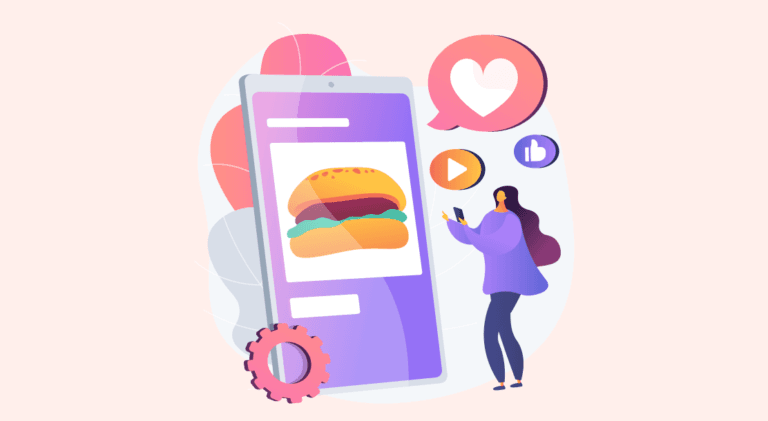
Blogging
10 mins read